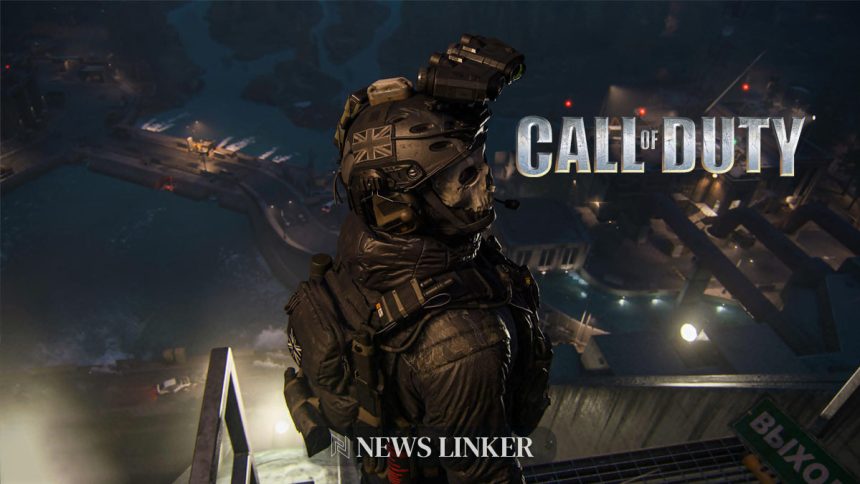Activision has officially acknowledged utilizing generative artificial intelligence in the development of assets for its flagship Call of Duty series. This admission follows months of speculation and player concerns regarding the authenticity of in-game content. While the revelation was not communicated through a formal press release, it was disclosed through a Valve-mandated AI statement on the Call of Duty Steam page. This move marks a significant shift in how game assets are created, potentially impacting the creative processes within the gaming industry.
Previous reports and player observations have long hinted at the integration of AI in game development, particularly in cosmetic designs. Similar instances have arisen in other major franchises, reflecting a broader trend of incorporating AI technologies to streamline content creation. This approach raises questions about the balance between technological efficiency and artistic authenticity in video games. Historically, the gaming community has reacted variably to such integrations, often emphasizing the importance of maintaining high-quality graphical standards.
How Did Players Detect AI-Generated Content?
Players began noticing discrepancies in game assets, such as unnatural character features and repetitive design patterns, which suggested the involvement of AI in their creation. Instances like the six-fingered zombie in the Black Ops 6 loading screen and the oddly designed “Hard Breakup” calling card fueled these suspicions. These elements showcased the limitations of AI in producing nuanced and fully-realized artistic details, leading to increased scrutiny and discussions within gaming communities.
What Are Activision’s Official Statements?
“Our team uses generative AI tools to help develop some in game assets,”
reads the disclosure on the Steam page. This statement indicates a partial reliance on AI technologies, although Activision has not detailed the extent or specific areas where AI is employed. The company’s transparency in this matter contrasts with previous hesitations to discuss AI integration openly, highlighting a possible shift towards greater openness about technological advancements in game development.
What Is the Community’s Reaction?
The response from the gaming community has been mixed, with some players expressing disappointment over perceived declines in asset quality, while others understand the practical benefits of using AI in asset creation. Reddit user Poodonkus commented,
“Disappointingly, I just grinded for an AI generated calling card. I had heard of a cool pin-up style calling card for completing this challenge, but I wasn’t expecting to find out after trying to figure out what was supposed to be on her belt… that there are glaring hallmarks of an unrefined AI-generated image.”
Such feedback underscores the community’s desire for a balance between innovation and quality, emphasizing the need for careful implementation of AI technologies.
The integration of AI in Call of Duty aligns with broader industry trends where major studios are increasingly adopting AI tools to enhance productivity and creativity. Compared to past practices, where human artists predominantly crafted game assets, this shift signifies a new era in game development. Activision’s admission may set a precedent for other companies contemplating similar approaches, potentially leading to widespread changes in the creation and management of digital content across the gaming landscape.
Balancing the efficiency of AI with the creative integrity of human artists remains a critical challenge. Ensuring that AI-generated assets meet the high standards expected by players will be essential for maintaining the franchise’s reputation. Additionally, clear communication and transparency about the use of AI can help mitigate negative reactions and foster a more informed gaming community. As Activision navigates this transition, other developers will likely monitor the outcomes closely to inform their own strategies regarding AI integration.










